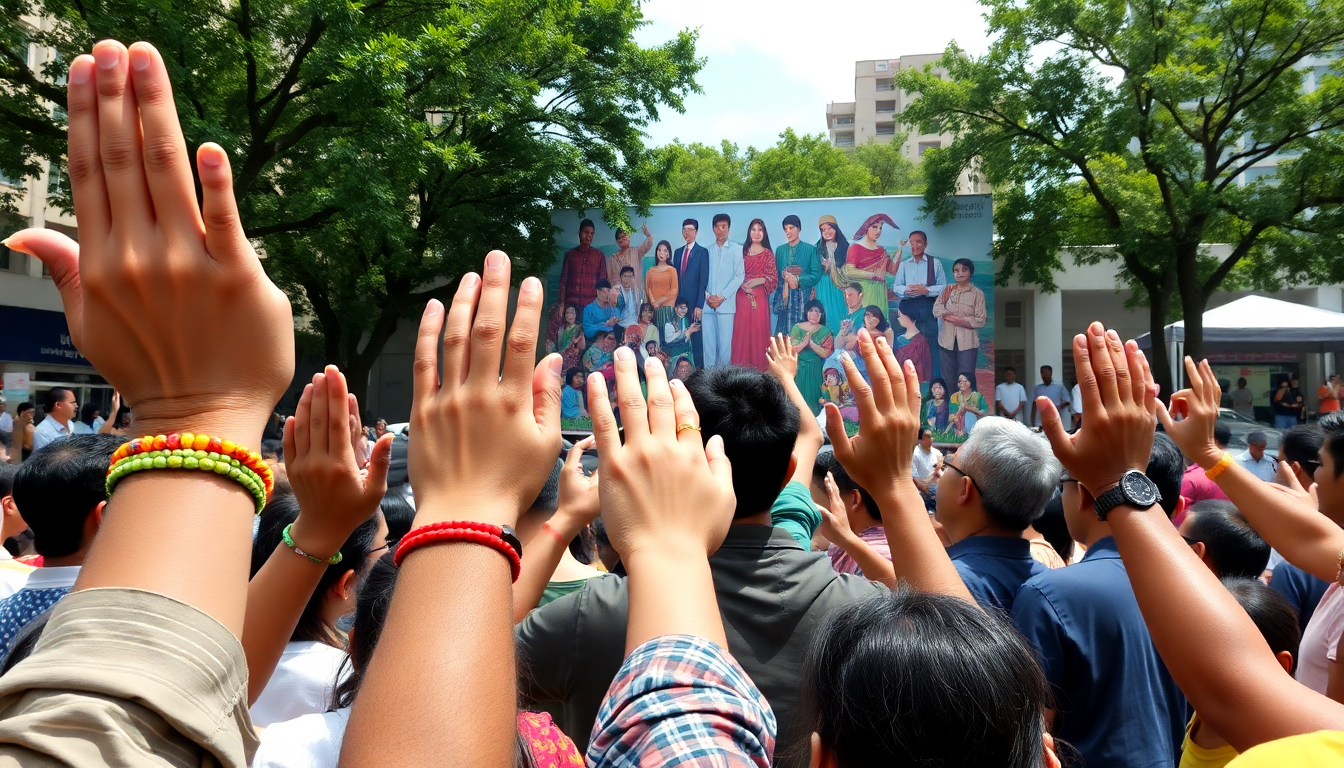Table of Contents
In a recent social media post, Zaharudin Muhammad, a grassroots leader from the Pan-Malaysian Islamic Party (PAS), sparked an engaging debate about a rather bold idea: could Malaysia ever have its first ethnic Chinese prime minister? This thought-provoking question has ignited discussions in a country where the Malay Muslim community holds a substantial majority. The post also showcased an image of Johnny Lim Eng Seng, a prominent figure in the Malaysian Armed Forces, shedding light on the intricate racial and ethnic dynamics that shape Malaysia’s political landscape.
Context and Reactions
The concept of a Chinese Malaysian stepping into the role of prime minister is far from just a theoretical exercise; it taps into ongoing conversations about representation and diversity in leadership. Zaharudin’s claim that such a scenario is “not impossible” invites us to think about the future of governance in Malaysia, especially considering the country’s history of ethnic divisions. While some might see this idea as radical, it aligns with a growing trend of questioning traditional leadership norms. Have we reached a point where we can envision a more inclusive political future?
However, his statement didn’t come without controversy. It garnered both intrigue and backlash, prompting PAS to clarify its stance. The party reiterated its commitment to celebrating racial and religious diversity, emphasizing that any form of racism goes against the cultural fabric and aspirations of Malaysia. This reaction highlights just how sensitive the topic of ethnic representation is in a nation with such a complex demographic landscape.
The Significance of Military Representation
A key element of this discussion is the recent promotion of Lim Eng Seng to lieutenant-general, a landmark achievement as he becomes the highest-ranking ethnic Chinese officer in the Malaysian military. This milestone not only signifies progress within the armed forces but also represents a gradual, yet significant, shift towards embracing diversity in institutions that have long been dominated by the Malay Muslim majority.
Historically, the military has faced challenges in attracting individuals from various ethnic backgrounds, but Lim’s ascent suggests a changing mindset that could influence broader societal attitudes. Considering that the military is a cornerstone of national identity, these changes within its ranks could foster more inclusive conversations in both political and civic arenas. Isn’t it fascinating how one individual’s journey can ripple out to inspire change across an entire society?
Future Considerations for Malaysian Politics
As Malaysia continues to evolve, the idea of a leadership that genuinely reflects its diverse populace becomes increasingly significant. The prospect of a Chinese prime minister is more than just a shift in political power; it symbolizes a broader acceptance of multiculturalism and highlights the pressing need for equitable representation in governance.
Looking ahead, it’s essential for political parties and leaders to engage in meaningful discussions about inclusivity and representation. The future of Malaysia’s political landscape may depend on its ability to embrace diversity, breaking free from traditional boundaries to cultivate a more unified society. Such a shift could pave the way for cohesive policies that truly address the needs and aspirations of all Malaysians, regardless of their ethnic backgrounds. Are we ready to embrace this change?


